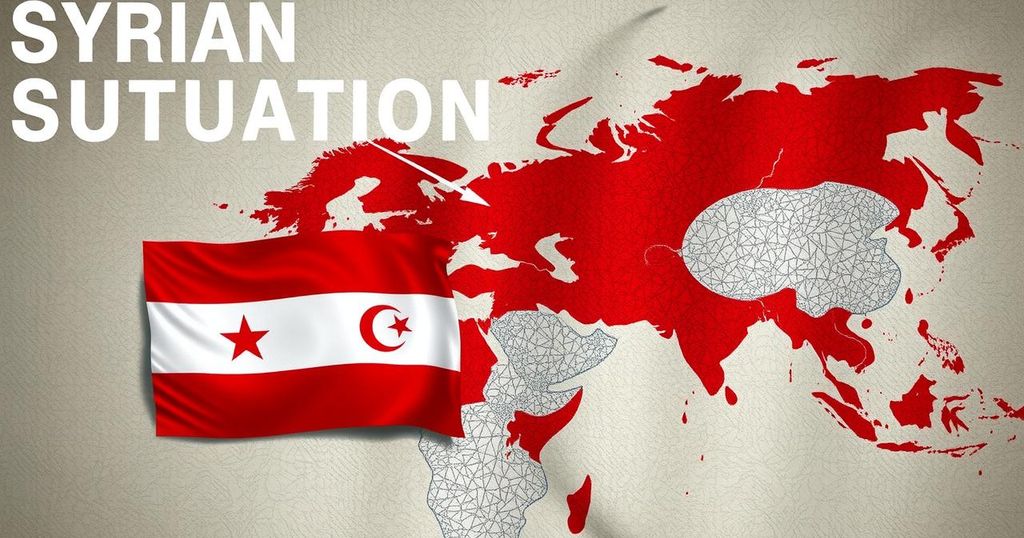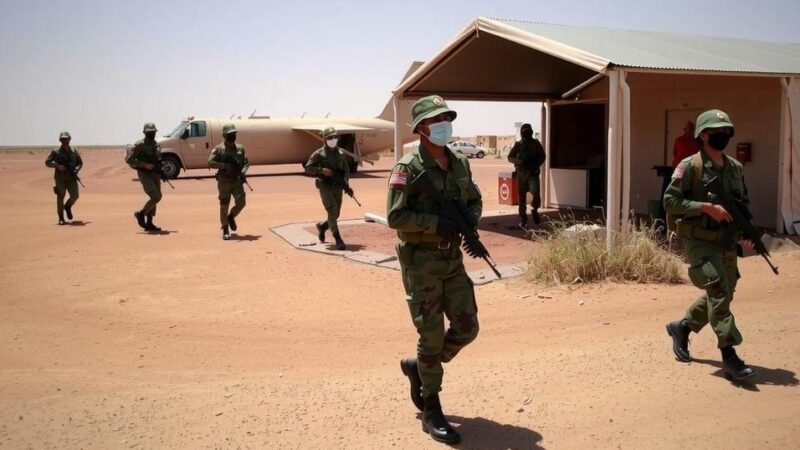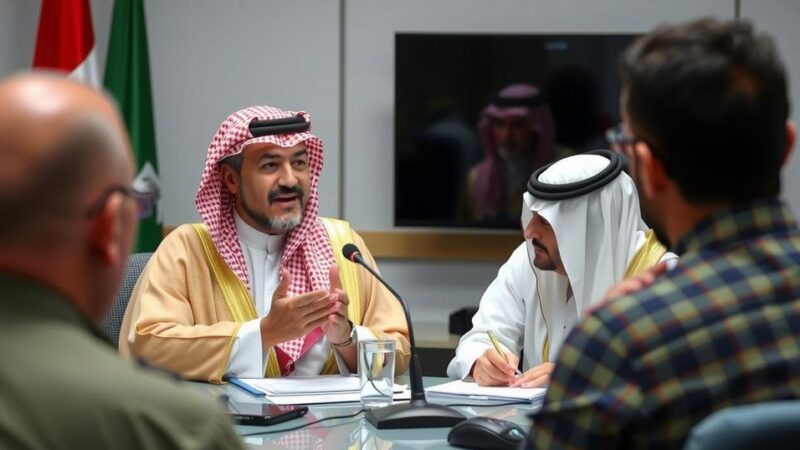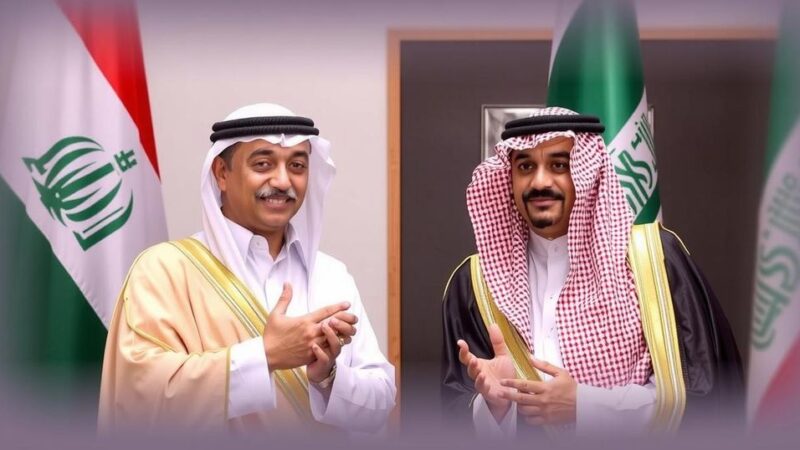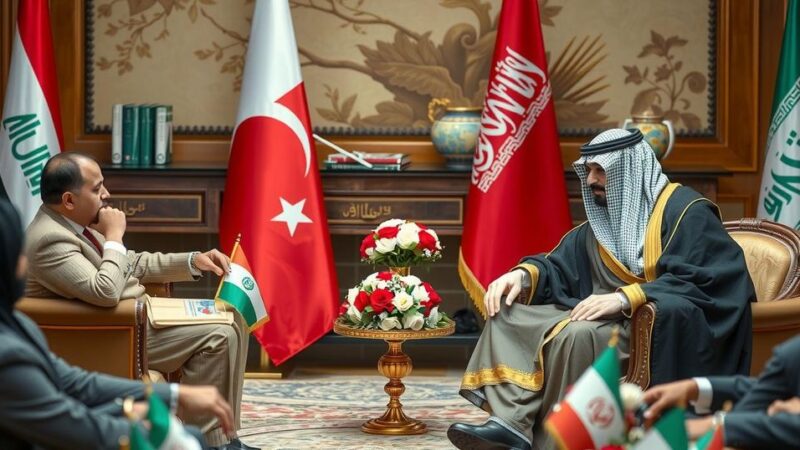The Syrian conflict originated from the violent suppression of peaceful protests against Assad’s regime, dominated by Alawite minorities, amid demands for rights from the Sunni majority. The escalation turned the conflict sectarian, exacerbated by foreign interventions from Iran, Russia, and Turkey, complicating regional stability. While Turkish support offered some hope, the continued oppression highlights the dire humanitarian crisis, with millions suffering under tyranny. The enduring spirit of the Syrian people reflects their yearning for a just society amid relentless adversity.
The Syrian conflict, which erupted amid the Arab Spring, has deeply rooted religious and political implications exacerbated by the authoritarian regime’s violent suppression of peaceful protests. For over 40 years, the oppressive rule of Bashar al-Assad’s government, consisting primarily of Alawite minorities, has marginalized the Sunni Muslim majority, which constitutes about 80% of the population. The initial nonviolent protests escalated into an armed revolt as citizens demanded their basic human rights and freedom.
The intervention of foreign powers, particularly Iran and Russia, further complicated the conflict, transforming it into a sectarian struggle. Iranian and Shia militia involvement contributed to a growing resentment among the Sunni population, which perceived their actions as an assault on their identity. Amidst Assad’s brutality, cities like Aleppo and Idlib suffered immense devastation, capturing international attention and highlighting the harsh realities faced by the Syrian people.
In contrast, Turkey’s involvement aimed to counterbalance Iranian influence and support Sunni rebel factions, providing military assistance and a sanctuary for those displaced. Turkey’s positioning in Idlib also reflected broader geopolitical ambitions, as it sought to expand its influence in the region. The ongoing conflict, further complicated by the Kurdish quest for autonomy in northeastern Syria, showcases the delicate web of alliances and hostilities present.
Ultimately, the Assad regime’s survival, backed by external forces, continues to undermine hopes for a peaceful resolution as millions endure suffering and loss. The plight of the Syrian Muslims remains dire, yet their resilience and hope for an eventual return to a just society persists, demonstrating the enduring spirit of a population yearning for dignity and rightful governance.
The Syrian conflict emerged from the broader Arab Spring, where demands for political reform and justice sparked widespread protests across the region. In Syria, dissent against the four-decade rule of the Assad regime faced brutal repression, leading to an armed insurrection primarily driven by the Sunni Muslim majority. As the uprising intensified, international intervention from countries such as Iran, Russia, and Turkey introduced additional layers of complexity, transforming the civil conflict into a multifaceted geopolitical struggle with significant sectarian undertones. This background is essential for understanding the humanitarian crisis in Syria, characterized by the loss of life, mass displacement, and ongoing battles for control among various factions, including displaced Syrian refugees and Kurdish groups.
The Syrian conflict illustrates the intersection of internal oppression and external intervention, complicating what began as a quest for freedom and democracy. Foreign powers have played significant roles, either by supporting the regime or backing rebel forces, yet true peace remains elusive. Despite the overwhelming suffering, the resilience of the Syrian people remains strong, reflecting their enduring hope for a better future. It is crucial that the international community reevaluates its approach to the crisis, prioritizing the aspirations of the Syrian population for a just and democratic society.
Original Source: indiatomorrow.net

